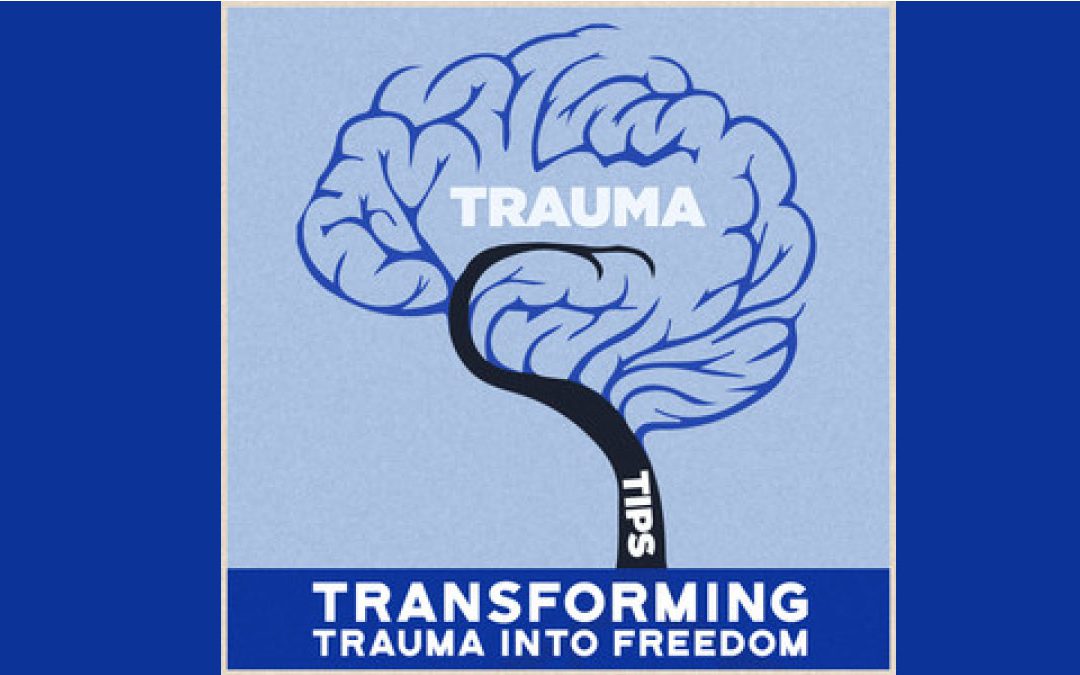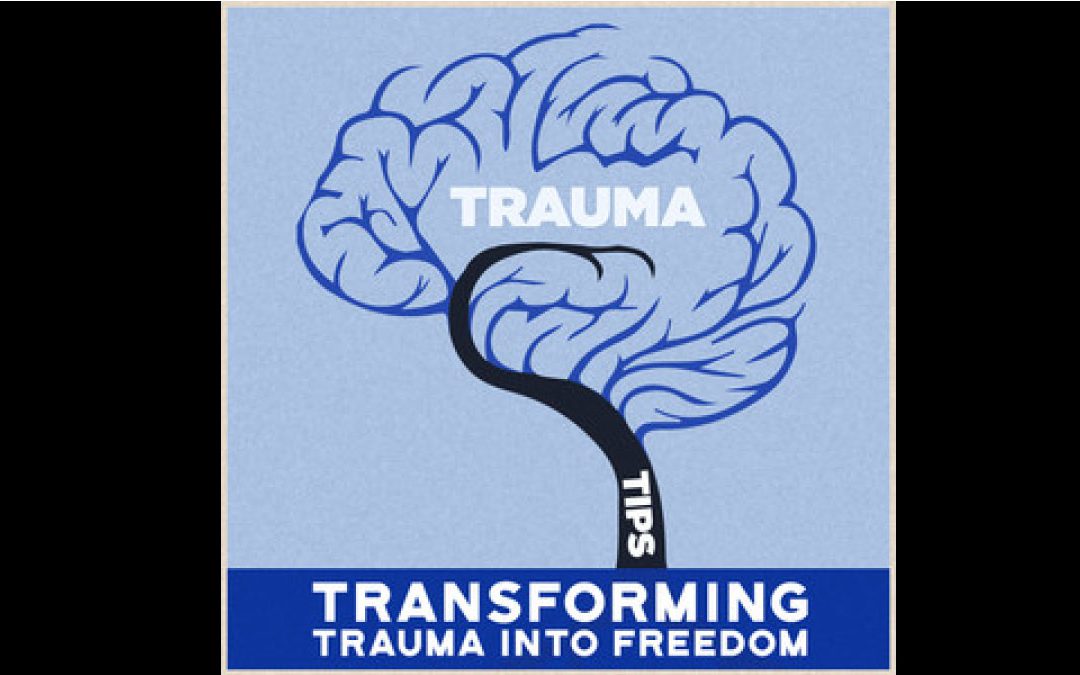
by Journey Into Wellness Marketing | Jul 22, 2020 | Addiction, Rosalien Stagg, Support, trauma, Trauma Tips, Treatment
Many of us seem to have anxious feelings running through our bodies at the most undetermined time. Have you ever wondered where it comes from? Could it be your inner fire alarm, running in the background and ringing throughout your body? Perhaps the greatest stress you will ever face is the thought that you can’t protect yourself from life itself.
Let’s lay the foundation and explain how trauma is related to addiction. I will start today’s podcast by explaining what I mean by substance use disorders and behavioral addictions.

by Rosalien Stagg | Jul 15, 2020 | Addiction, Rosalien Stagg, Support, trauma, Trauma Tips, Treatment
As discussed in previous podcasts, traumatic events can lead to unhealthy patterns of thinking. In turn, these patterns can manifest as substance addictions and other negative ways of coping, such as behavioral addictions, with the traumatic residue.
Let’s lay the foundation and explain how trauma is related to addiction. I will start today’s podcast by explaining what I mean by substance use disorders and behavioral addictions.

by Rosalien Stagg | Jul 8, 2020 | Rosalien Stagg, Support, trauma, Trauma Tips, Treatment
Today we are going to talk about negative body image and self-harm.
Issues about body image are more common than you might think. They seem to be due to the constant comparison we force on ourselves and our desire to be seen as perfect. This idea seems to be perpetuated by the media, our peers, and of course, by the beliefs we have created around ourselves and the world we grew up in.

by Rosalien Stagg | Jul 2, 2020 | Rosalien Stagg, Support, trauma, Trauma Tips, Treatment
Knowing how to talk to someone who is going through trauma can be intimidating. But taking the time to do so will make a large impact in their healing. Today we are going to talk about how to listen with our whole beings.
Although we can easily agree that the ability to listen is important, listening involves more than hearing. What does listening with our whole being even mean?

by Journey Into Wellness Marketing | Jun 19, 2020 | Rosalien Stagg, Support, trauma, Trauma Tips, Treatment
Have you ever felt exhausted after spending time with someone who is going through trauma? You may be taking on their pain and hurt.

by Journey Into Wellness Marketing | Jun 15, 2020 | Rosalien Stagg, Support, trauma, Trauma Tips, Treatment
We talked a bit in another episode about trauma and our responses to it. Today we are going deeper into how trauma can potentially scream back at us.







Recent Comments